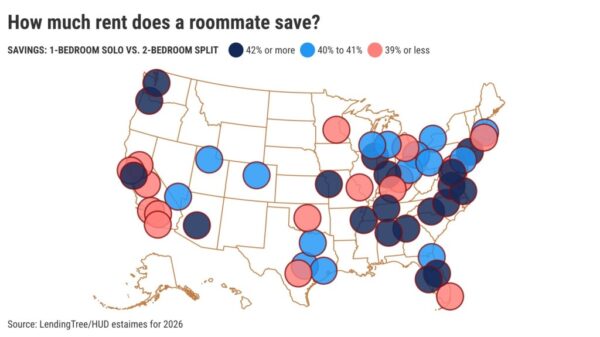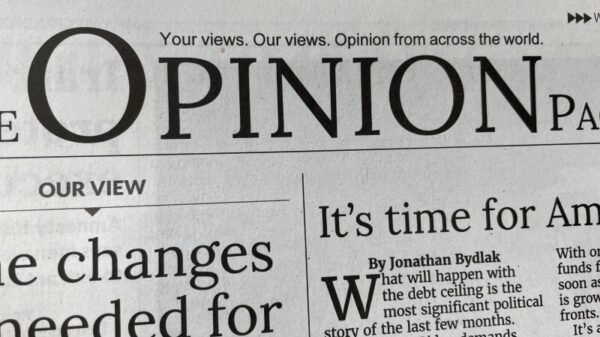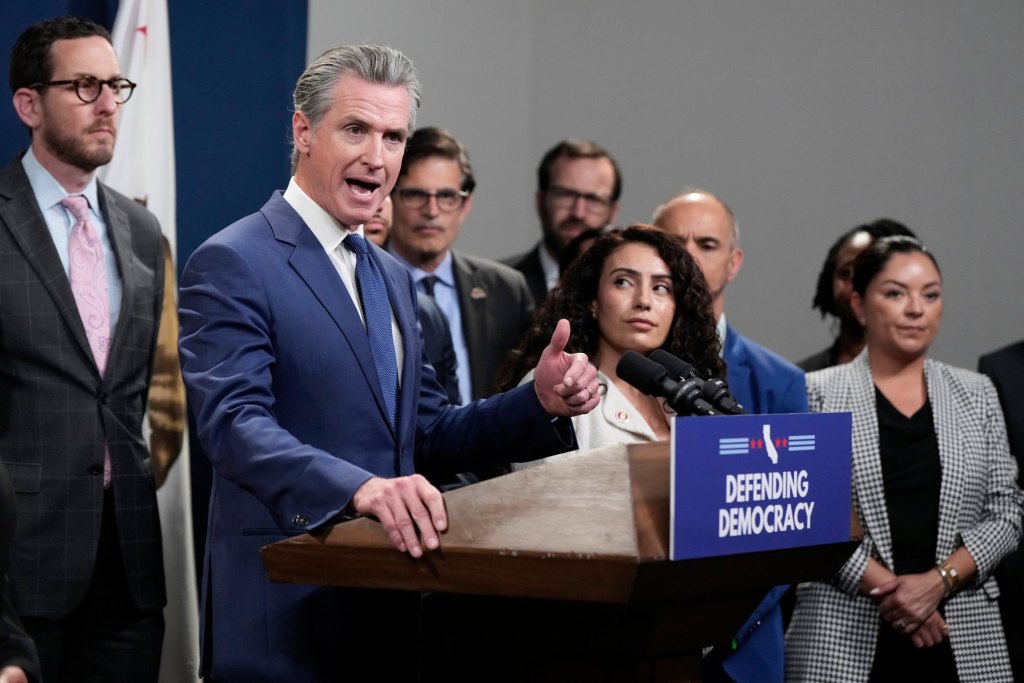California’s Proposition 50 seeks voter approval for a new congressional district map, a move aimed at altering the political landscape in response to similar actions by Texas Republicans. The California Democratic Party asserts that this redistricting will help secure a Democratic majority to counter President Donald Trump. Despite these intentions, critics argue that the measure may ultimately undermine diverse representation in the state’s congressional delegation.
Proposition 50 proposes to adjust the number of Democratic and Republican representatives from California. Currently, the state is represented by 43 Democrats and 9 Republicans. If passed, the new configuration would shift this to 48 Democrats and just 4 Republicans. Critics, including former Republican House Member Tom Campbell, contend that this change could effectively silence minority viewpoints within the state, leaving little room for diverse opinions on critical issues such as immigration and water policy.
Impact on Political Landscape
The proponents of Proposition 50 argue that this redistricting is necessary to “fight fire with fire” against the aggressive tactics employed by Texas Republicans. They claim that a Democratic majority in the House could help check President Trump’s legislative agenda. However, Campbell points out that even a Democratic-controlled House cannot override presidential vetoes without a two-thirds majority in both chambers of Congress.
While a Democratic House could theoretically halt Trump’s legislation, the Republican-controlled Senate already has the power to do so through the filibuster. With only 53 Republican senators, they require 60 votes to overcome a filibuster, effectively granting Democrats significant leverage in legislative discussions.
Campbell emphasizes that the real power of a Democratic House lies not in legislative achievements but in their ability to hold hearings and expose the administration’s shortcomings. Yet, he foresees challenges in enforcing subpoenas and obtaining testimonies from Trump’s appointees, who may resist compliance just as former Attorney General Eric Holder did during the “Fast and Furious” investigation.
Concerns Over Minority Representation
The ramifications of Proposition 50 extend beyond immediate political battles. By potentially increasing the number of Democratic representatives significantly, the proposition raises concerns about the representation of minority voices in California. Campbell argues that a Congress with only 4 Republican representatives will make it easier for lawmakers from other states to disregard the perspectives of California’s citizens.
He draws a parallel with state legislature representation, suggesting that if California were to adopt a similar model for its state assembly, it could lead to a complete absence of minority viewpoints. This scenario, he argues, would be detrimental to the state’s interests, particularly when bipartisan cooperation is needed on critical issues.
As the political climate evolves, Campbell’s concerns highlight the broader implications of redistricting efforts. He advocates for a congress that reflects the full spectrum of California’s diverse viewpoints, asserting that effective governance requires the inclusion of both majority and minority opinions.
With Proposition 50, California voters face a pivotal decision that could shape the state’s political landscape until January 2033. The outcomes of this measure may not only affect the state’s representation but also set the tone for future political engagements and legislative negotiations in Congress.








































































